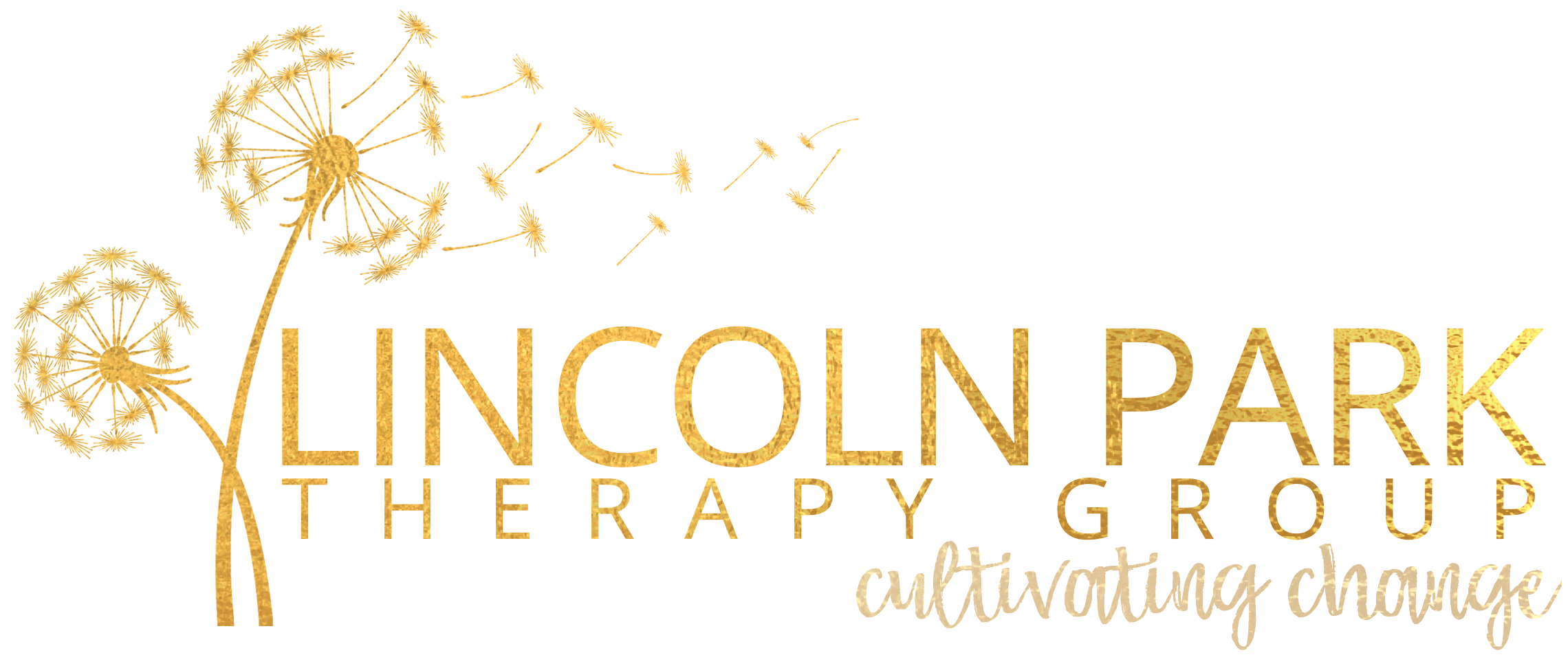A new book offers fresh insight into how we can look at ourselves from another perspective to spot our weaknesses. It can help us learn ways on how to to become more self-aware.The findings include ditching the diary for super-focused daily check-ins and trying a stomach churning-named “dinner of truth.”
Alan Mulally, the celebrated business executive credited with turning around the fortunes of Ford motor company in the late 2000s, remembers an important lesson he took in self-awareness. It was during his first management position as a 25-year-old and he’d been nurturing a promising young aeronautical engineer whom he much admired. He was enjoying mentoring the man, his first employee, and was totally stunned when he handed in his notice, suddenly telling Mulally “I have to get away from you!”
But rather than feeling bitter, Mulally turned the situation into a learning opportunity and discovered from the unhappy engineer that he (Mulally) had been overly controlling and trying too hard to turn the engineer into a carbon copy of himself. “Can you imagine if no one had told me for years, or for decades? What a gift!” Mulally tells Tasha Eurich in her book Insight, the Power of Self-Awareness in a Self-deluded World.
Eurich, who is a psychologist and business consultant, describes self-awareness as “the meta-skill of the 21st century.” Mulally tells her “Throughout my career and my life, there has been one essential truth: the biggest opportunity for improvement – in business, at home, and in life – is awareness.”
Not knowing ourselves can lead us to make bad career decisions, to be overconfident, and to miss learning opportunities. Self awareness, by contrast, shows us our true motives, how we can improve, gives us the chance to address or own up to our weaknesses, and ultimately it makes us better decision makers, colleagues, and leaders (not to mention friends and companions). Unfortunately, without making the effort to become self-aware, most of us are vulnerable to self ignorance, both in terms of what we know about ourselves and how other people see us. To read more from Christian Jarrett, click here.

 Nicolle Osequeda, LMFT, is the founder of Lincoln Park Therapy Group, specializing in anxiety, depression, and relationship counseling in Chicago. As a Certified Daring Way™ Facilitator, she incorporates Dr. Brené Brown’s research into her therapy. Nicolle holds a Master’s in Counseling Psychology from the University of San Francisco and is a Licensed Marriage & Family Therapist in Illinois and California. She is a Clinical Fellow of AAMFT, a member of IAMFT, and the Financial Therapy Association. Nicolle has Gottman Method training and has taught at DePaul University, dedicated to helping individuals and couples achieve meaningful change.
Nicolle Osequeda, LMFT, is the founder of Lincoln Park Therapy Group, specializing in anxiety, depression, and relationship counseling in Chicago. As a Certified Daring Way™ Facilitator, she incorporates Dr. Brené Brown’s research into her therapy. Nicolle holds a Master’s in Counseling Psychology from the University of San Francisco and is a Licensed Marriage & Family Therapist in Illinois and California. She is a Clinical Fellow of AAMFT, a member of IAMFT, and the Financial Therapy Association. Nicolle has Gottman Method training and has taught at DePaul University, dedicated to helping individuals and couples achieve meaningful change. 

